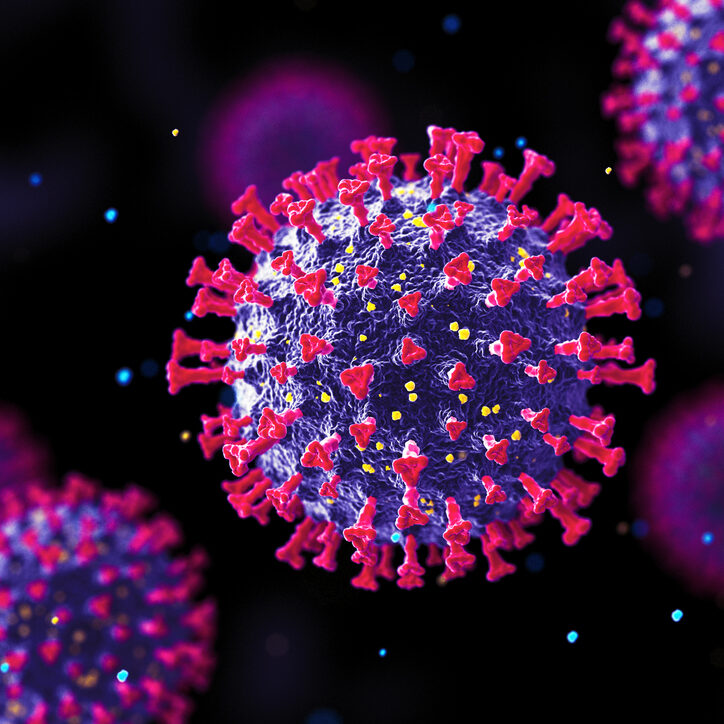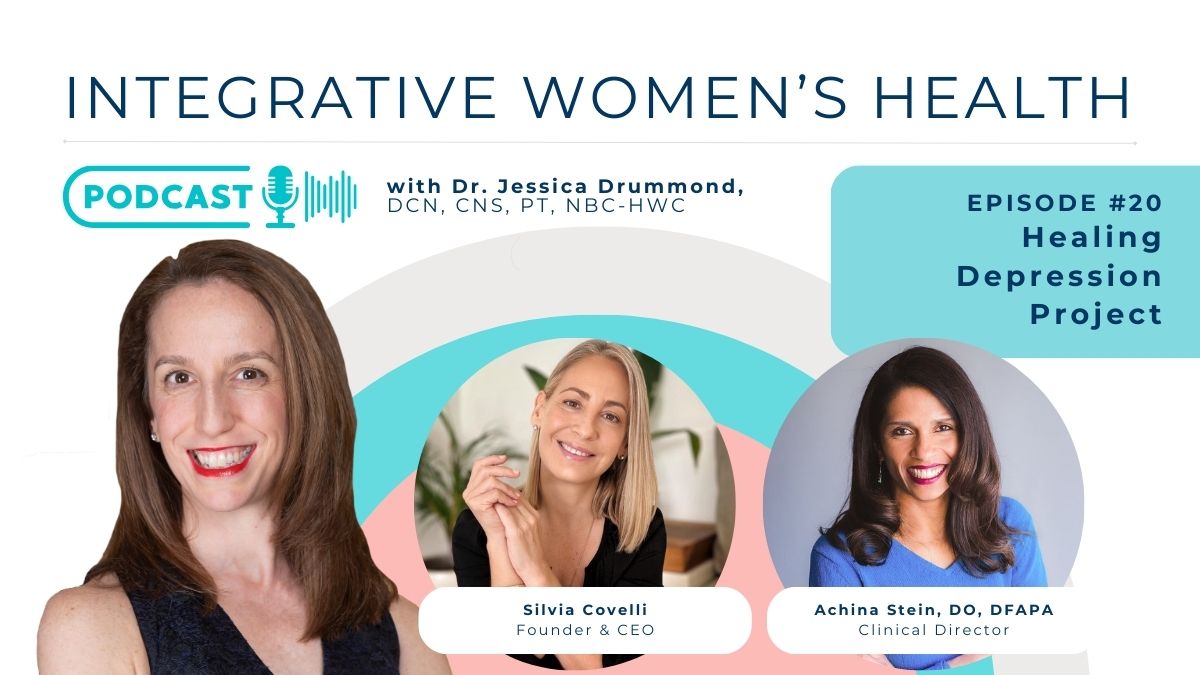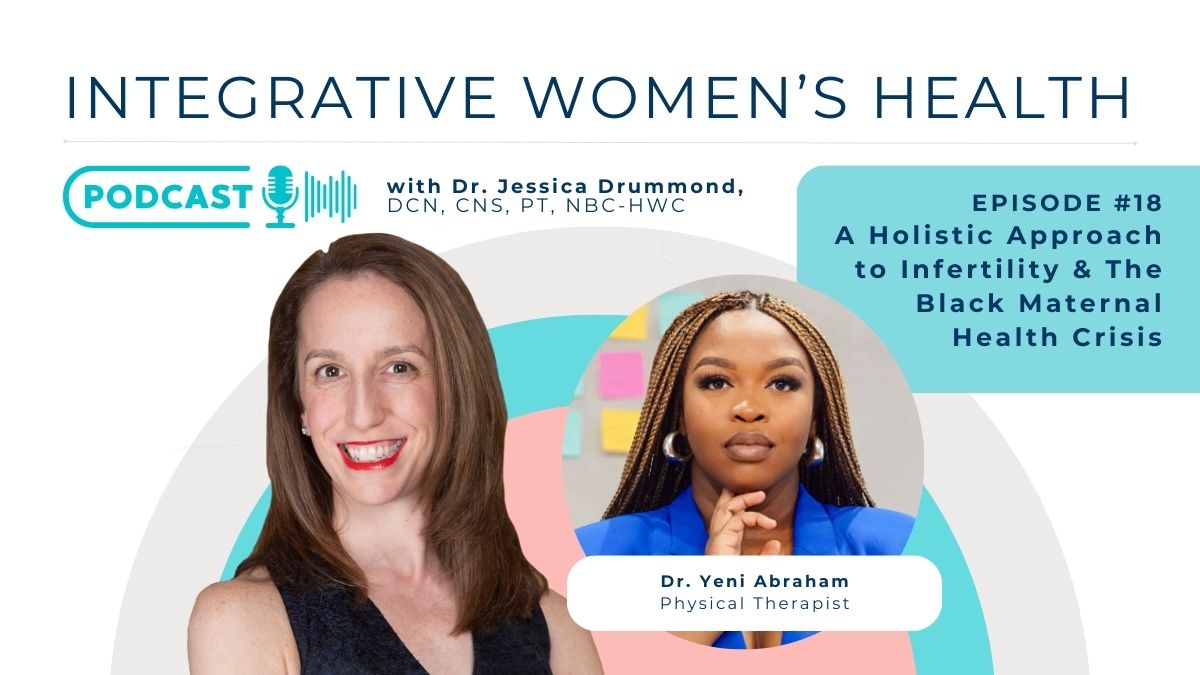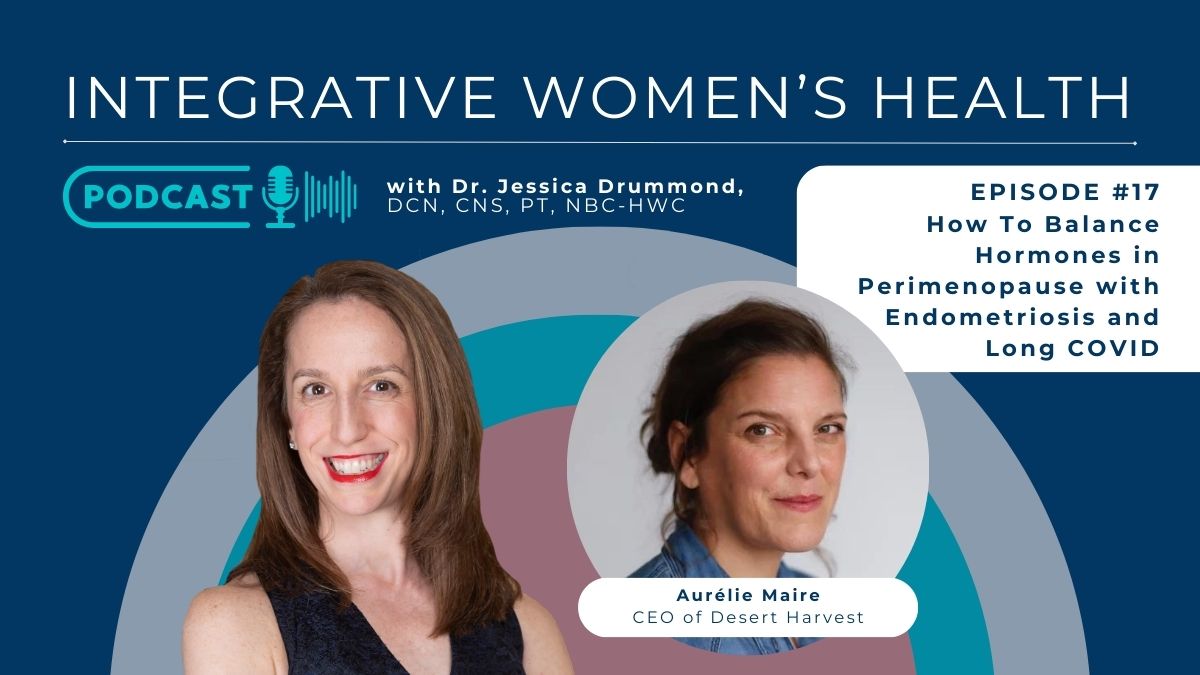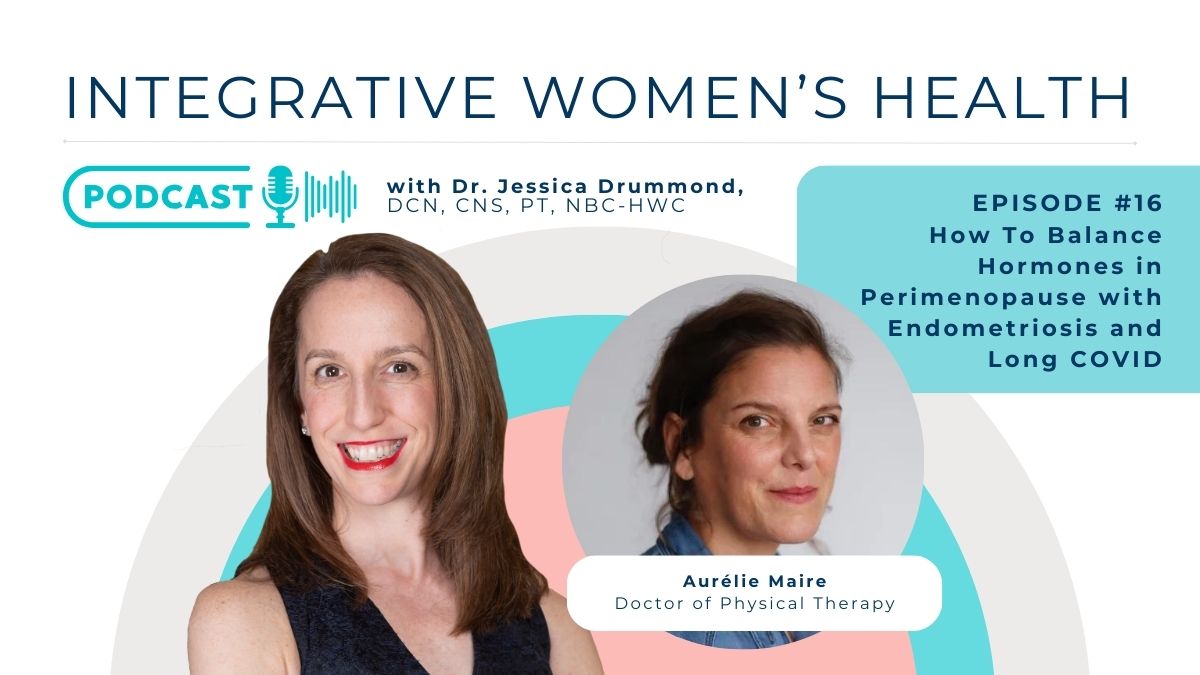Today I want to talk about a 2012 study that looked at how the toxin bisphenol A (BPA) affected fertility in women using in vitro fertilization treatments for infertility.
This study measured the number eggs that were able to be retrieved during an IVF cycle, the number of eggs that then went on to be fertilized, and finally the number of eggs that progressed to become blastocysts (the next stage of fetal development.)
Unfortunately, as the urinary levels of BPA increased, all measures of fertility declined.
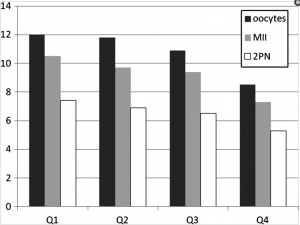 This graph demonstrates that as the amount of urinary BPA increased (Q1 is the least amount of BPA found in the urine, and Q4 is the most), the number of eggs, fertilized eggs, and blastocysts all decreased.
This graph demonstrates that as the amount of urinary BPA increased (Q1 is the least amount of BPA found in the urine, and Q4 is the most), the number of eggs, fertilized eggs, and blastocysts all decreased.
This is some pretty scary stuff, and I surely want to help my family minimize their BPA exposure. With two growing daughters, I want to do what I can now to protect their fertility.
What can you do?
Fortunately, The Environmental Working Group and the FDA have done some extensive research on what can be done to avoid BPA exposure.
Where does BPA hide?
- In foods that were stored in cans with liners made with BPA. (Think canned tomatoes, soups, and other canned vegetables.) There are now many companies that store their foods in cans with BPA free liners or who have ditched the cans all together and use boxes or glass jars for food storage.
- In cash register receipts. Don’t take receipts if you don’t need them. Store them in envelopes if you do, and wash your hands after touching receipts.
- In foods or drinks that were held or stored in hard plastics. Avoid plastics marked #7 or labeled with the letters “PC,” for polycarbonate.
The good news is that that BPA food storage is now widely available, and it’s easier than ever to find vegetables, baby formulas, and beverages stored in glass or other BPA free containers.
Warmly,



